|
Many Suzuki teachers begin private lessons around age 3 or 4, however the very best time to begin music classes is actually at birth. Dorothy Jones was given the commission by Dr. Suzuki to develop a program that would provide a musically rich environment from age zero for parents and their children. She took this challenge to heart and over several decades began what is now known as SECE--Suzuki Early Childhood Education. Although some would say that even age three is too young, Dr. Suzuki would say three is three year too late:)
We are soon opening our first classes in the area in Orangevale, CA. If you would like to become a part of our maiden voyage, you will have an enjoyable experience and bring the power of beautiful music into your child's ears and heart. You will end up taking away from the experience much more than you could imagine. Everyone child can be trained to hear the incredible differences between tones, phrases, rhythms and melodies. We want to develop a high level of skill through joyful nurture and teaching. (Heather Williams is the owner of the Suzuki Piano Academy and has been teaching group classes for age zero to five for over 12 years. She has been teaching private Suzuki piano lessons for 28 years.)
0 Comments
Our Suzuki Piano Academy will be performing at Eskaton of Fair Oaks on November 16th at 10:00 a.m. We would like 15 to 20 Suzuki pianists to share their music with the center and for families to consider donating a few dollars to a gift certificate for Marie Callendar pies. We are gifting the pies towards the staff and resident's Thanksgiving dinner raffle. If you would like to participate or donate, please contact Heather Williams at 916-397-1404 by text. We will be making sweet little notes or pictures on Yellow stars to hand out to give to the center's bulletin board. Formal attire please. 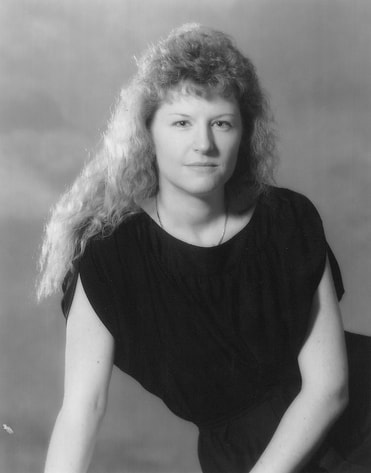 The Suzuki Piano Academy is proud to add a very accomplished pianist and teacher to its ranks. April Lane holds a Master of Music degree in Piano Performance and Accompanying from the University of Northern Colorado, and also pursued doctoral studies at the University of Texas Austin and the University of Illinois. April was a member of the music faculty at the University of Northern Colorado and at Aims Community College in Colorado where she developed and taught the piano program. April moved to Montana in 2003, where she joined the faculty of North Valley Music School, the only non-profit community music school in the state. She quickly built a studio the of 50+ students ranging in age and ability, and had a full schedule of students early morning before school, after school, and on weekends. Ms. Lane maintains an active concert schedule as soloist and collaborative pianist. She has been featured as soloist with the Colorado Symphony Orchestra, the Greeley Chamber Orchestra, and the Colorado Springs Symphony. She served as one of the staff accompanists for the Fort Collins Symphony Orchestra Young Artists International Competition, and sat as pianist with the Glacier Symphony Orchestra in Kalispell, Montana. She is an annual featured artist at Festival Amadeus in Whitefish, Montana. Performances include collaborations with internationally acclaimed artists Ricardo Herrera (University of Illinois), American cellist Stephen Framil(Philadelphia), David Halen (University of Michigan), cellist Scott Kluksdahl (University of Florida),violinist Jennifer Frautschi (New York) and clarinetist Oskar Espina-Ruiz (Spain). In addition to many years teaching the traditional classical repertoire, April is certified as a Suzuki instructor for those families who are interested in the method. Her students in Montana have gone on to win top honors at district and state music festivals, and several are now pursuing degrees in music at top universities. April's philosophy of teaching is that learning music should be enjoyable, active, driven by curiosity with an emphasis on self-expression. Ms. April is focusing on building her teaching schedule in the Roseville and Rocklin areas. Please recommend her with enthusiasm if you are acquainted with families in the Roseville, Rocklin, Auburn or Loomis areas. Yesterday, fourteen of our Suzuki piano students shared their music with residents of Aegis Assisted Living of Carmichael. Dressed in costume, we had two four-year old students, several five-year olds, all the way up to a 15 year old student who now accompanies for her high school choir. The Suzuki Piano Academy will continue to create performing opportunities for students whenever possible. Performance is a key component for Suzuki piano students. It not only is an experience in performing, but in learning how to practice with a purpose. Practice suddenly becomes much more purposeful when the next performance is in 4 weeks. Suzuki piano students are relaxed performers because not only do they play by memory, but every lesson is like a performance. Together as teacher and student, we jump in and out of pieces, wherever we need to, by memory. Suzuki piano develops fluency and confidence in the repertoire and performance experience.
Tomorrow is our Spooky Suzuki Piano Party, so please come in costume and ready to play musical games! All ages are welcome. This is not only for members of our piano academy but also for those interested in seeing the joy and fun of the Suzuki method in action.
If you would like to bring a little side dish of something savory or sweet, that would be extra nice. I have the basics covered, but would appreciate any veggies/appetizers you would care to bring. See you tomorrow at 6:30 p.m. sharp inside the chapel gym adjacent to the Sacramento Temple at 2100 California Circle. 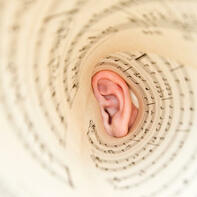 The Suzuki Piano Academy is holding group ear training classes for all interested families this coming April and May 2019 in El Dorado Hills, West Sacramento, Folsom, and Rocklin locations. Each class is a fun-filled hour of music theory games with an interwoven focus on ear-training in the Suzuki Method. Students need no previous experience to participate in these beginner exercises that are sure to surprise and delight their understanding of music and all the ways that are available to understand the material. Ear training requires a partnership, whether by CD, radio, or a live partner. Of course, a live partner is ideal, but not always available. In the Suzuki Method, the piano teacher serves as the model to continued partnership in the home. It has been said that if the ear is full of expectation, the rest will follow naturally. For example, most everyone knows "London Bridge" and "Mary Had a Little Lamb." When students come these pieces, the value of ear training is so evident in Suzuki Piano School Volume One. In the Suzuki Method, teacher and parents try to provide the same familiarity with all the pieces prior to learning them at the piano. Teachers may "preview" the pieces weeks before learning them together. Parents are asked to institute a listening program of the Suzuki Piano recordings, either by CD or iTunes and to play the recordings for several hours a day, softly in the background of their home environment. This would be a form of passive listening in the home. Ear training classes are a form of active listening including critical thinking. Listening programs nurture exceptional observation skills aurally. It will strengthen the ability to take in verbal instructions at school and home, better interpret tone and inflection in conversations with family and peers and open up a powerful path to learning without needing to focus with the eyes. Please consider the power of the ear-trained student and join us for fun games this coming April. Here are the locations and dates below as well as a link to sign up. Friday the 5th of April in West Sacramento Thursday the 11th of April in Rocklin Friday the 12th of April in El Dorado Hills Friday the 3rd of May in Folsom Sign Up Here This subject is near and dear to my heart and mind. I have 2 children with ADHD and it has been a struggle as a mother to diagnose and understand the dynamics for our family as we have learned about ADHD. I have learned that music has given them an incredible advantage and perhaps for that I have been guided to work with and be a mother to these amazing spirits.
I have always worked as a piano teacher throughout my child bearing years and therefore the music from the acoustic piano has been in their hearts and ears before they were even born. Each baby was taken to Music Together classes until I myself began to teach these classes through their infancies and toddler years. My kid would always be the one running around, which is the only thing your not allowed to do in those classes, everything else is just fine. I would inevitably have to leave the room and come back in with them if possible. Whenever I taught the classes, my husband would have to attend, but even that was sometimes too difficult and eventually I began both teaching and paying for additional classes where I could be just "mommy" and not the teacher. Each of them began to learn the piano at age 3, but I confess, after my 4th child was born and I increased my work hours, I abandoned piano lessons--the demands being too much at the time. Now we have Sunday piano lessons and I encourage them to practice throughout the week. The one thing that has remained constant in our home has been singing and dancing. All of us, including myself started formal dance classes this year, but I have always enjoyed free dancing around the house with them. I used to swing dance for almost 8 years and as soon as the kids are a little older, I plan to teach them as well. Recently, I realized that I haven't been using music as much as I should to implement routine and structure in the simple, but necessary details of our daily grind--things such as: waking up, brushing their teeth, getting dressed and eating breakfast. I have made a playlist now that has changed our whole morning routine and eliminated the need to both an accountability chart and mom barking in the background. I feel like a fool for not implementing a musical playlist for chores earlier. I also discovered a great list of classical songs that are most commonly used in music therapy that help children with ADHD change the electromagnetic frequencies of the brain to 7.5 cycles per second which is referred to as the "Alpha Mode" or the Schumann Resonance. When in the "Alpha Mode" they concentrate and focus so much better. It takes about twenty minutes of listening to for the brain to fully transition, so you have to start before you'll want to be in a focused state. I'll let you know how it goes, but if you're interested check out this link. https://www.additudemag.com/slideshows/music-therapy-for-children-with-adhd/ I have been teaching music to all ages, zero to adult, for over 22 years and I get asked this question often. What is the right age to start lessons? Well, it depends what you mean by "lesson"? I started formal lessons at age 8, but prior to that I had been nurtured by my two grandmothers whenever I would visit their houses on the weekends. They would give me time on the piano with them and by the time I entered formal lessons I was well into the 2nd level of piano books.
So what is meant by "lessons" then? There are formal traditional lessons where the goal is to learn how to play an instrument through reading music. These lessons usually begin alongside of proficient reading skills in school between ages 5 and 6. There are informal musical experiences such as Music Together, Kindermusik, Music Garden and many other programs that immerse children ages zero to five in a musical environment with no expectations about their performance or understanding. Then there are semi-formal experiences like Music Monkeys and Music Mind Games which teach specific musical concepts like tempo, dynamics, rhythm, tone without the pressure of having to perform a specific piece of music the next week. Finally, there are Suzuki beginning lessons where students as young as three years of age are taught specific skills on their chosen instrument that are repeated in small units of focus until they are mastered. One thing that is clear--there is a large body of research suggesting that if children are not introduced to music-making skills before age 9, they may lose the skills to become musically competent in the future. I hope this helps those who have this question. In the Suzuki Piano Academy, students can begin piano lessons as early as age three. It is common to start Suzuki piano lessons anywhere between ages three and five years of age. Other Suzuki instruments may vary depending on the instrument of choice and the teacher's preference. For instance, some Suzuki guitar studios prefer waiting till the hand has grown more and must delay until age 5 or 7. Since the piano is a percussion instrument and I use a very vertical approach to playing with the arm, it is easy for a very young child to execute a good tone on the piano. |
AuthorHeather Williams is the owner of the Suzuki Piano Academy in El Dorado Hills. Archives
January 2024
Categories |
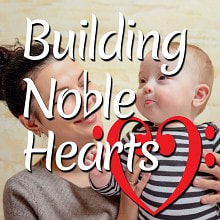
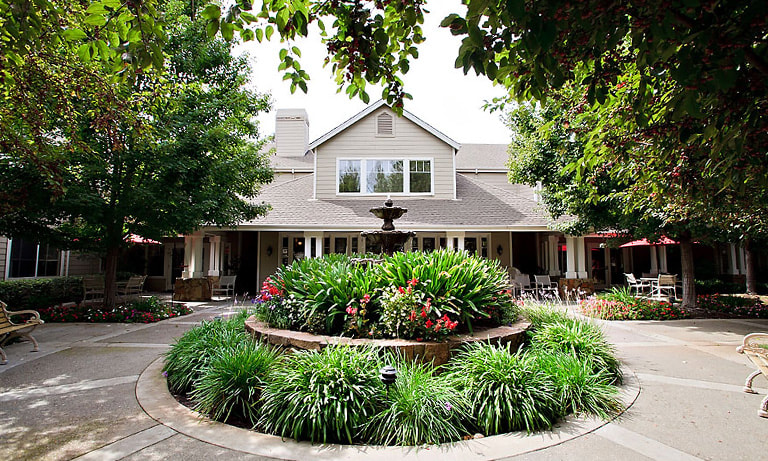
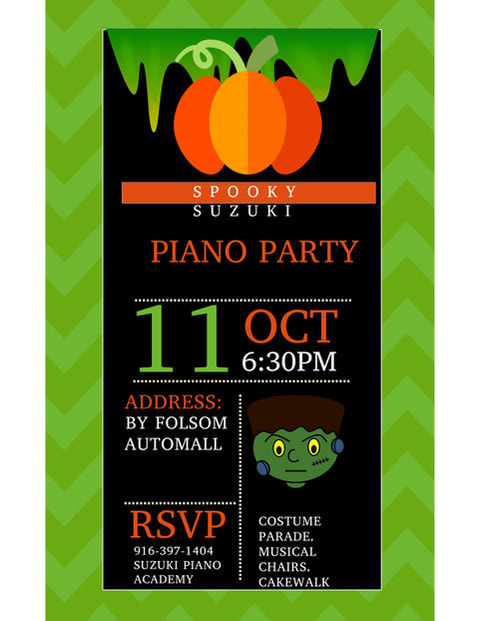
 RSS Feed
RSS Feed